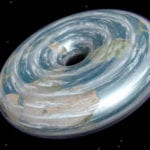 Mysteries
Mysteries  Mysteries
Mysteries  History
History 10 Surprising Stories About the Texas Rangers
 Humans
Humans 10 Philosophers Who Were Driven Mad by Their Own Theories
 Miscellaneous
Miscellaneous 10 Video-Game-Worthy Weapons and Armors from History
 Weird Stuff
Weird Stuff 10 Psychics Who Accurately Predicted Wartime Events
 The Arts
The Arts 10 Pieces of Art Inspired by a Broken Heart
 Health
Health 10 Science Fiction-Sounding New Medical Treatments
 History
History 10 Surprising Facts About the Father of Submarine Warfare
 Space
Space Ten Astonishing New Insights into Alien Worlds
 Weird Stuff
Weird Stuff 10 Bizarre Summer Solstice Rituals Still Practiced Today
 Mysteries
Mysteries Top 10 Haunting Facts About the Ghost Ship MV Alta
 History
History 10 Surprising Stories About the Texas Rangers
 Humans
Humans 10 Philosophers Who Were Driven Mad by Their Own Theories
Who's Behind Listverse?

Jamie Frater
Head Editor
Jamie founded Listverse due to an insatiable desire to share fascinating, obscure, and bizarre facts. He has been a guest speaker on numerous national radio and television stations and is a five time published author.
More About Us Miscellaneous
Miscellaneous 10 Video-Game-Worthy Weapons and Armors from History
 Weird Stuff
Weird Stuff 10 Psychics Who Accurately Predicted Wartime Events
 The Arts
The Arts 10 Pieces of Art Inspired by a Broken Heart
 Health
Health 10 Science Fiction-Sounding New Medical Treatments
 History
History 10 Surprising Facts About the Father of Submarine Warfare
 Space
Space Ten Astonishing New Insights into Alien Worlds
 Weird Stuff
Weird Stuff 10 Bizarre Summer Solstice Rituals Still Practiced Today
10 Things That Happen To An Exposed Human In Space
We’ve all seen it in sci-fi movies: Someone gets sucked out of a spaceship and thrown into the emptiness of space. Not surprisingly, many movies get it wrong. But the reality of a human exposed to the vacuum of space may be weirder and more bizarre than you ever imagined.
10 The Vacuum Of Space

First things first—if the exterior of your spaceship is compromised (punctured by a whizzing asteroid perhaps) the interior will rapidly depressurize, and you will be sucked out into the vacuum of space.
The ship would initially be pressurized in order to mimic earth’s atmosphere and maintain a proper, livable environment. But once the ship is damaged, the air inside will rapidly expand outward, creating a vacuum and violently pulling everything out with it—including you. If you’re lucky enough to not be killed by flying debris during the ordeal, you’ll still find yourself in a pretty grim situation: you’ll be left to fend for yourself, floating hopelessly in the abyss of space.
9 Extreme Swelling

Remember Veruca Salt from Willy Wonka and the Chocolate Factory who puffed up like a giant blueberry? The effects of space on the human body would be quite similar. Without the presence of Earth’s atmospheric pressure, the water that makes up 70 percent of our bodies doesn’t remain in its liquid state and expands until it forms water vapor. This would result in severe internal swelling throughout the body. In fact, a person would balloon out to approximately twice their normal size. The formation of the vapor wouldn’t be enough to burst the skin, but it’s safe to say you would experience some serious discomfort.
8 Exposure To Sunlight
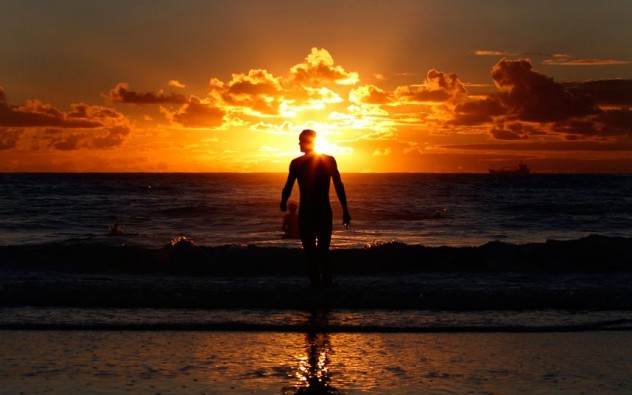
A day at the beach can be ruined by a painful sunburn—especially if you forget your sunblock. Now imagine being exposed to the power of the sun without our ozone layer filtering out the most harmful ultraviolet rays. The effects would be devastating to the human body. A person floating in space would be horribly burned over any portion of exposed skin. In addition, looking directly into the sun would fry your light-sensitive retinas and render you blind. And even if you did survive, your likelihood of contracting skin cancer would increase dramatically.
7 Suffocation By Hypoxia

When exposed to the vacuum of space, a person will be totally deprived of oxygen, but not in the way you might think. The condition is known as hypoxia: Without earth-like pressure, the oxygen in your bloodstream will begin to reverse-dissolve and escape from your blood. This will render your cardiovascular system useless, and no oxygen will be delivered to your muscles or vital organs. The fact that you are no longer able to breathe in any new oxygen just exacerbates the problem. In addition, the suffocating effect would begin to turn your skin blue. A person can last approximately 10 seconds in this condition before they black out.
6 Rapid Cooling
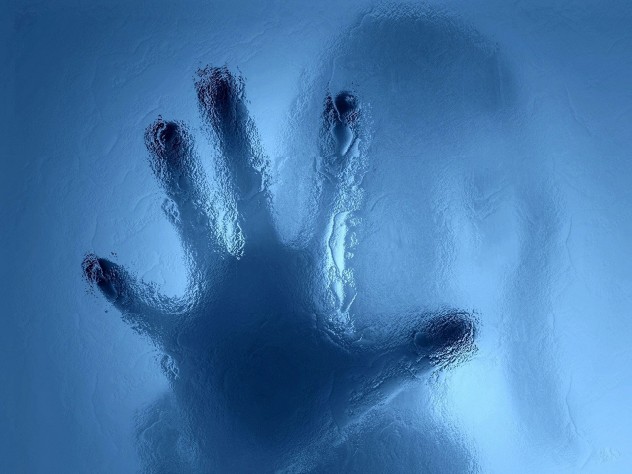
On a hot day, our bodies produce sweat to cool down. As the sweat evaporates from the surface of our skin, it uses up heat energy and causes a cooling effect. But this effect is greatly exaggerated in outer space. Normally, the humidity in the air inhibits the cooling effect quite a bit because it’s harder for sweat to evaporate into air that’s already saturated with water. But in the dark emptiness of space, there is no humidity. This allows for the accelerated evaporative cooling of any exposed bodily fluids. Your watery eyes, mouth, and respiratory tract will freeze over as a result.
5 Decompression Sickness
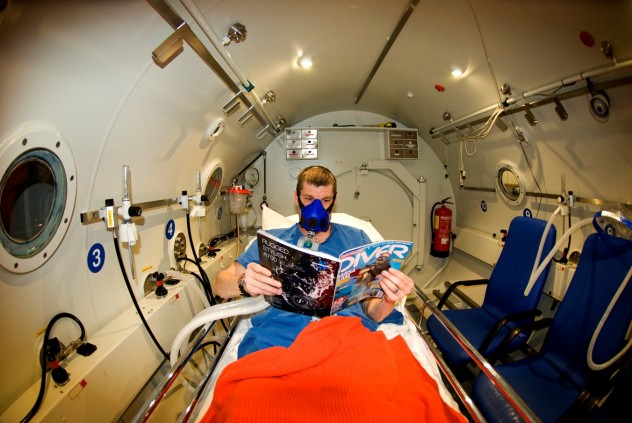
As we’ve already seen, the low pressure of space prevents oxygen from remaining dissolved in your blood. This vacuum-like environment does the same for other gasses, like nitrogen. This causes tiny nitrogen bubbles to form all throughout your circulatory system (which is the literal definition of the bends). One side effect these bubbles have is extreme joint pain, but far worse are the effects the bubbles have when they create blockages in your veins and arteries. Bubbles in your brain can cause stroke and seizures. A bubble in your heart can cause sudden heart failure and death.
4 No Blood Pressure

As you can tell by now, space has horrible effects on the human body. Both internally and externally, you are stretched, ballooned, and otherwise contorted. As a result, your misshapen body will struggle to maintain a normal blood pressure. For example, a person can easily generate enough force to drink soda through a normally sized straw. But what if the straw’s diameter was 10 times as large? Similarly, your heart would not be capable of pumping blood through your enlarged veins. Your blood pressure would effectively drop to zero and you would die.
3 Explosive Decompression
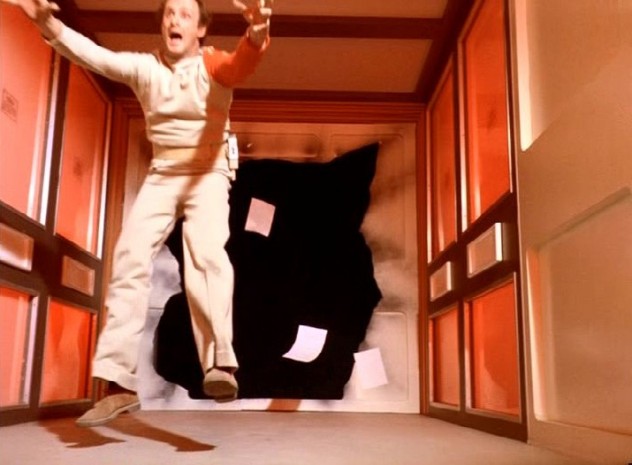
One fatal mistake you could make as you’re sucked out of your spaceship would be taking one final, deep breath. You might think the extra air would help you stay alive for another minute or so, but the actual result would be quite the opposite. Holding that air in your lungs in the vacuum of space would result in explosive decompression—of your lungs. Imagine that for a second.
The air would expand violently in the low-pressure environment and cause your lungs to burst like balloons. If you ever find yourself in such a situation, you would be wise to exhale as much as possible to avoid this explosive trauma.
2 Boiling Blood
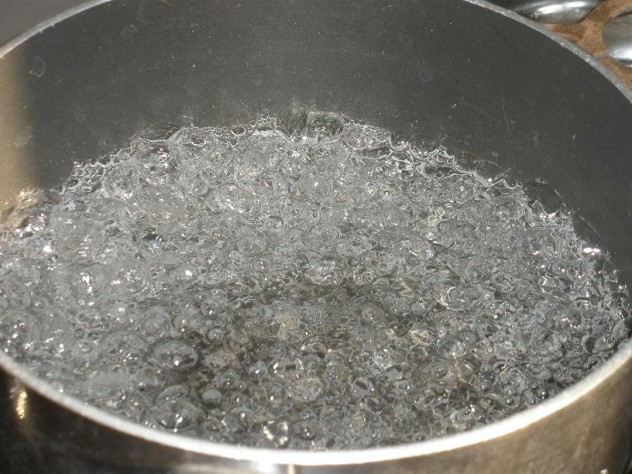
The lower the pressure is in an environment, the lower the boiling point will be for any liquid in that same environment. This is because when there’s less pressure, it’s easier for the molecules to move around, so it takes less heat energy to transform the packed-in molecules of a liquid to a less-dense gas.
This is why water boils more easily at higher altitudes. In space, the boiling point of your blood could realistically drop down until it’s the same as your own body temperature—at which point your blood would begin to boil. The temperature of your blood would still be normal, but in the vacuum of space that might be all it needs to boil.
1 Cellular Mutation
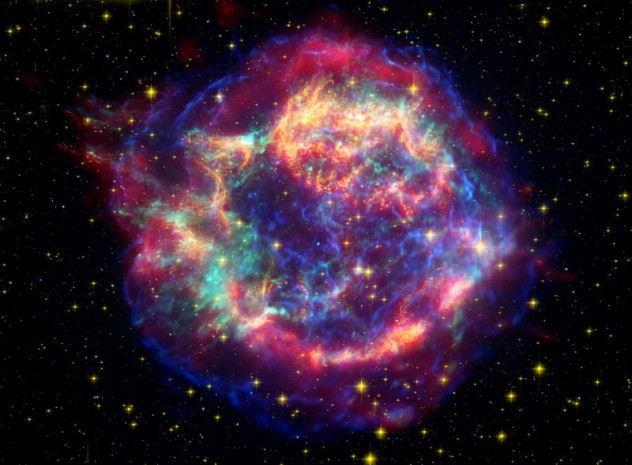
Even if you somehow managed to survive space exposure, you still wouldn’t be out of the woods. In addition to these other issues, the blackness of space also contains many invisible dangers. During the brief time that you were exposed, you would be bombarded with a whole host of dangerous sub-atomic particles. This includes gamma rays, energized protons, and x-rays. These particles are so small that they interact with you on a cellular level and actually alter you DNA. But this would not result in superpowers as some comic books might suggest. Instead, you would almost certainly die of radiation poisoning or cancer years later.
Ross is a patent agent and Listverse fan.





